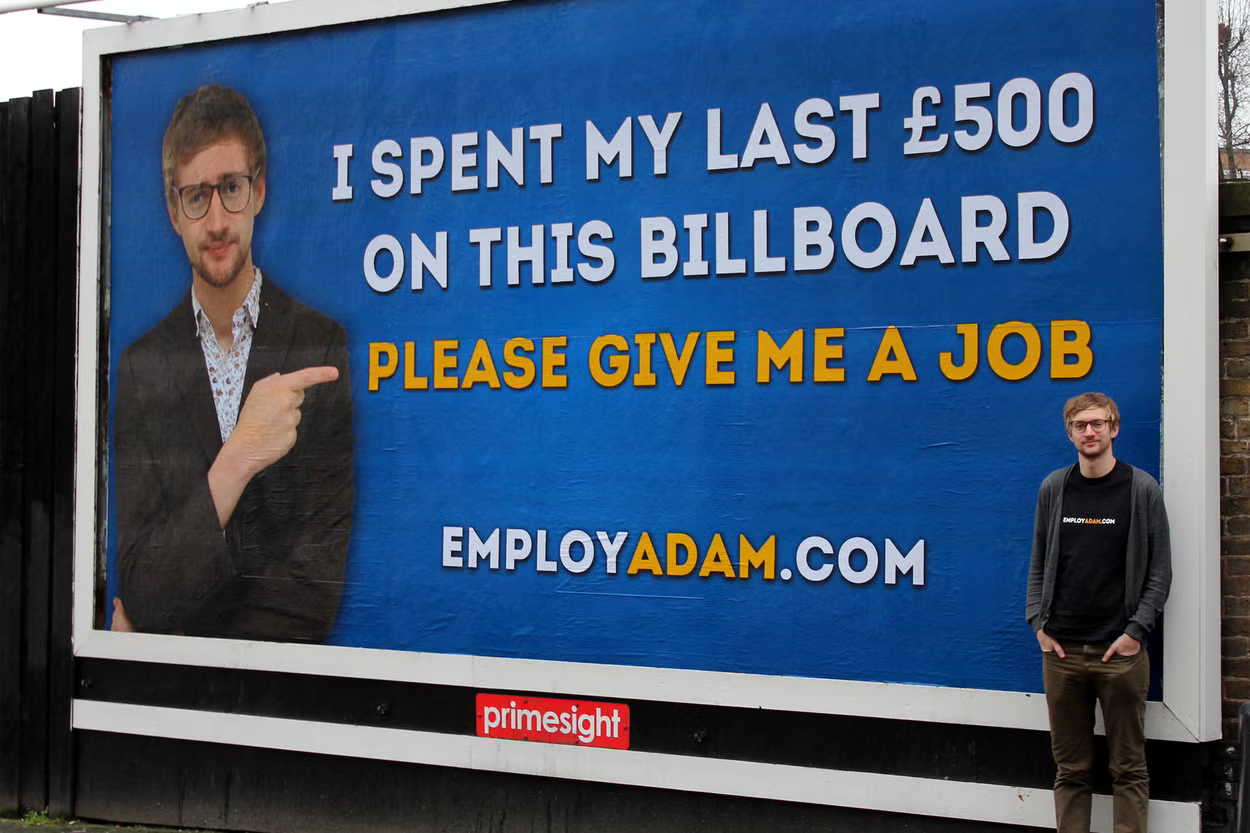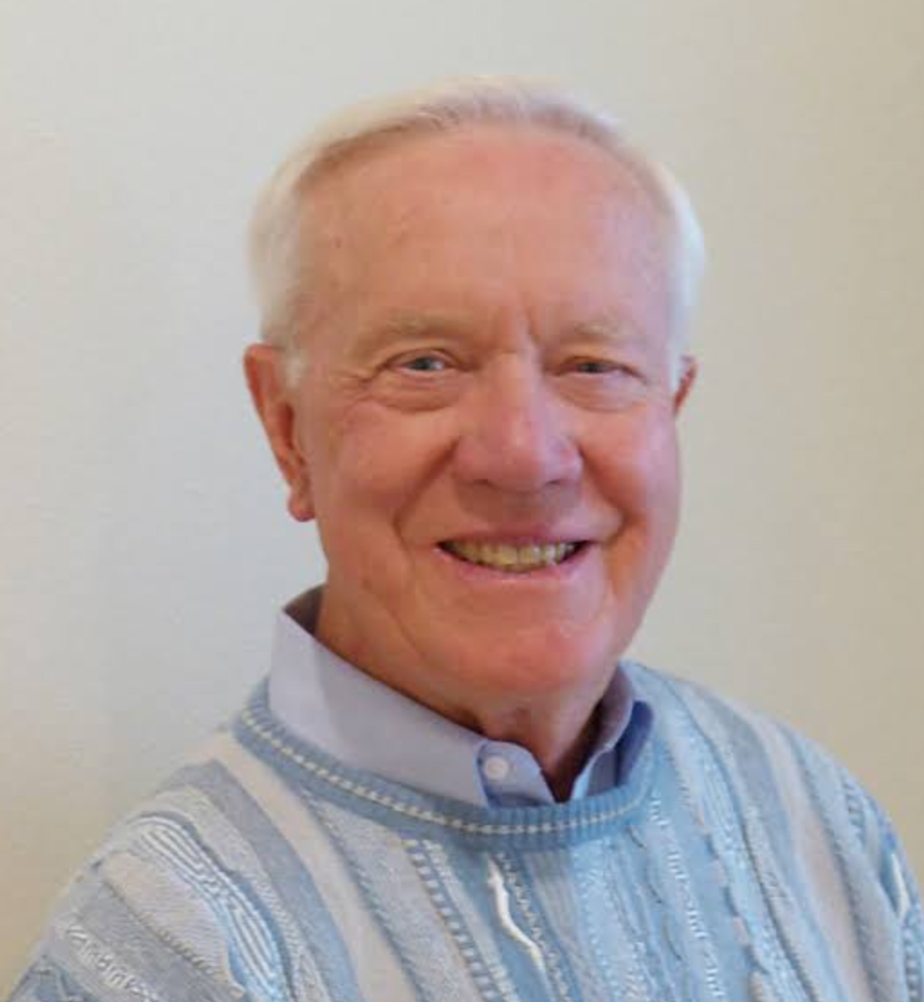Back
Vishnu Dileesh
Engineer | Entrepren... • 6m
It starts, as many great things do, with code—written in the quiet forge of teenage obsession. In his South Park Commons conversation, Adam D’Angelo maps a journey from teenage tinkerer to Facebook’s early architect, Quora’s founder, and OpenAI board member. It’s not just a career arc—it’s a study in first principles, curiosity, and the recursive craft of building. Adam’s path doesn’t begin with venture funding or hype. It begins with games coded in QBasic for the sheer joy of making something from nothing. Then came Synapse, a proto-Spotify music player built with Mark Zuckerberg in high school. No roadmaps, no playbook—just asking, what would we want ourselves? They mapped user preferences, charted similarities, and discovered the raw force of thinking from scratch. When Microsoft tried to acquire Synapse, Adam said no. Conviction over comfort. That decision set the tone for the rest of his bets. The turning point came with a side project: a tool that let people browse each other’s AOL Instant Messenger buddy lists. 200,000 signups in a week. It was his first taste of how the internet could scale—how fast ideas could spread when built for real people, not just desktops. From that point, his compass pointed toward multi-user networks, scalability, and products that could grow naturally—fertilized by genuine curiosity. But momentum isn’t permanent. Virality doesn’t inoculate you against hard lessons. One of Adam’s biggest was this: break abstraction barriers. “It’s all just code.” At Facebook, that mindset became doctrine. Whether debugging the C++ backend or picking up Erlang to track down a tricky bug, boundaries were for crossing. The best engineers weren’t specialists—they were generalists willing to dive anywhere in the stack. For Adam, “first principles” wasn’t a buzzword—it was training. A USACO coach drilled into him the habit of digging down to the root of a problem, never stopping at the surface. That approach carried into his philosophy on team design and architecture: don’t get trapped in dogma about microservices or rigid roles. The fastest path is everyone being able—and expected—to trace issues to the source. At Facebook, Adam stayed close to the code even as CTO. Especially for architecture decisions—the kind that “get stuck” and are nearly impossible to reverse—he insisted on sweating the details upfront. It’s the same logic as lean manufacturing: great leaders walk the floor. In software, the “floor” is the codebase. Leaving Facebook, Adam founded Quora—betting on the power of structured knowledge sharing. Unlike Yahoo Answers’ chaos, Quora was designed for personalization—serving the right questions to the right people, using machine learning before it was a trend. The throughline: build for yourself, guided by curiosity. But he’s clear-eyed—this method works best for consumer products. In B2B, empathy matters, but sustained conviction matters more. His belief in AI came early. Adam has long held that software will eventually match anything the human mind can do. Joining OpenAI’s board in 2018—well before the hype—wasn’t a gamble on timing, but on inevitability. Early models like GPT-3 underwhelmed in some areas but quickly closed the gap with human experts. His insight: AI doesn’t need to beat the best—it just needs to fill the gaps where expertise is scarce. That thinking led to Quora’s Poe, a platform that routes questions to AI models as fluidly as Quora once routed them to people. Underneath it all is a recursive view of organizations themselves. Adam believes they should be structured like well-designed programs—aligned, clean, and recursive. “Founder mode” isn’t micromanagement—it’s ownership. Sometimes a leader has to demand clarity, set the architecture, and align the team’s motion, even if it ruffles feathers. And for all his technical depth, the lesson Adam returns to is humility. Never confuse abstraction for truth. Always dig. Always test. Always play. Whether shaping the core of Facebook, building Quora’s knowledge graph, or designing new AI interfaces, Adam treats success as an ongoing loop: debug, refine, build again. So tomorrow, when you sit down to code or design strategy, take his loop with you: curiosity over ego. Conviction born of play. And the courage to tear down your own abstractions—again and again—until the next leap appears.

Replies (11)
More like this
Recommendations from Medial
Tweak Buzz
TweakBuzz makes you ... • 7m
The Future of AI Content Creation for Quora: Tips and Tools for 2025 As Quora continues to grow as a trusted platform for knowledge sharing and brand visibility, the rise of AI content creation for Quora is transforming how users engage, respond, an
See MoreJaswanth Jegan
Founder-Hexpertify.c... • 1y
“Please Give me a Job” Wired Billboards #2 Adam Pacitti, who graduated from the University of Winchester with a First Class degree in Media Studies, today unveiled a billboard in the London borough of Camden that reads “I spent my last £500 on this
See More
Tweak Buzz
TweakBuzz makes you ... • 7m
Quora Lead Generation: Turn Answers into Leads in 2025 Quora is no longer just a Q&A platform. In 2025, it has become a powerful lead generation tool for marketers, coaches, consultants, and business owners. With the right strategy, you can turn simp
See MoreAmit Mundkar
Gen AI, Cybersecurit... • 1y
The AI Legends #75 Days Day 9: Geoffrey Hinton Known for his pioneering work in artificial intelligence (AI) and deep learning. History: Geoffrey Hinton is a British-born Canadian computer scientist and psychologist, born on 1947, in London and e
See More
Tweak Buzz
TweakBuzz makes you ... • 7m
Proven Steps to Write Viral Quora Answers | TweakBuzz If you're looking to grow your personal brand, drive traffic to your website, or establish yourself as an expert in your niche, learning how to write viral Quora answers is a game-changer. Quora
See MoreAmit Mundkar
Gen AI, Cybersecurit... • 1y
The AI Legends #75 Days Day 18: Nils Nilsson He is best known for his work on robotics and automated reasoning. History: Nils Nilsson was an American computer scientist born on 1933, Michigan. He earned his Bachelor's degree in 1956 and his Ph.D.
See More
Tweak Buzz
TweakBuzz makes you ... • 7m
Best Quora Marketing Services for Lead Generation & Brand Growth If you're looking to expand your online presence and generate high-quality leads, Quora marketing services could be your secret weapon. With over 300 million monthly users, Quora is on
See MoreTweak Buzz
TweakBuzz makes you ... • 8m
How Quora Ads Manager Can Help You Reach High-Intent Audiences Quora Ads Manager is a powerful tool for businesses aiming to reach high-intent audiences in a focused, intent-driven environment. Unlike other platforms, Quora users are actively seekin
See MoreAmit Mundkar
Gen AI, Cybersecurit... • 1y
The AI Legends #75 Days Day 31: Jürgen Schmidhuber Jürgen Schmidhuber is best known for his pioneering work in the development of neural networks, particularly the Long Short-Term Memory (LSTM) networks. History: Jürgen Schmidhuber was born on 1963.
See More
Download the medial app to read full posts, comements and news.












/entrackr/media/post_attachments/wp-content/uploads/2021/08/Accel-1.jpg)




















